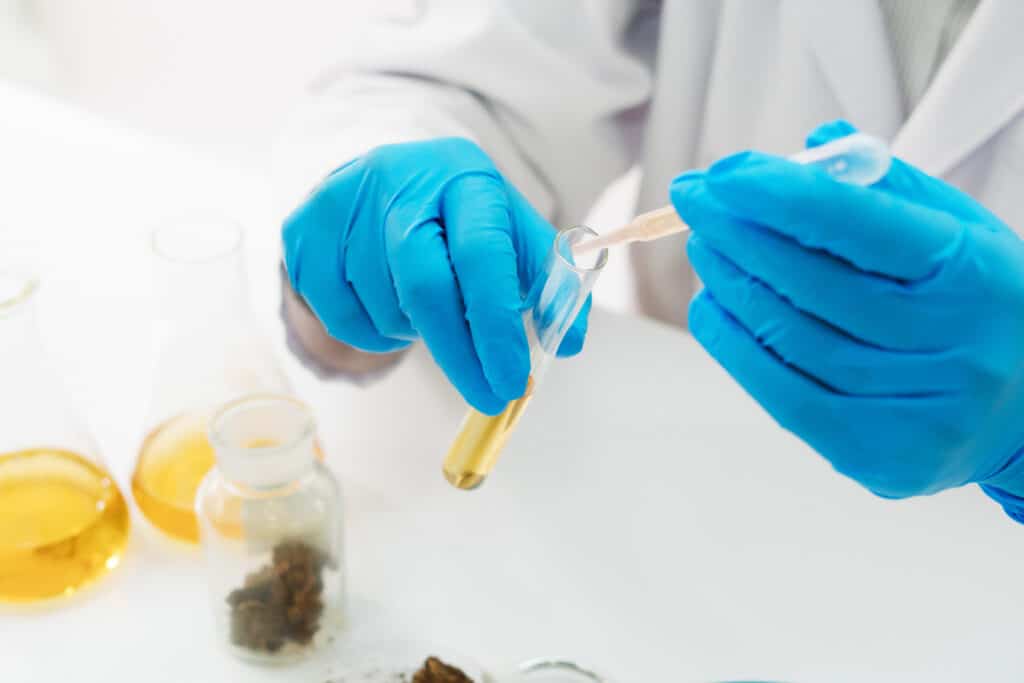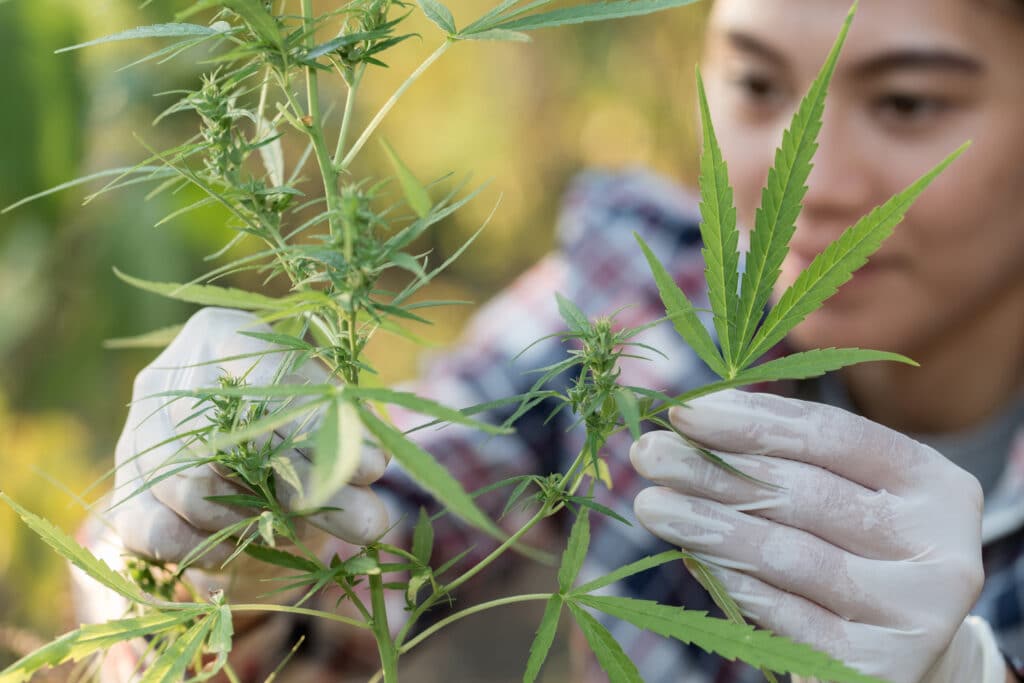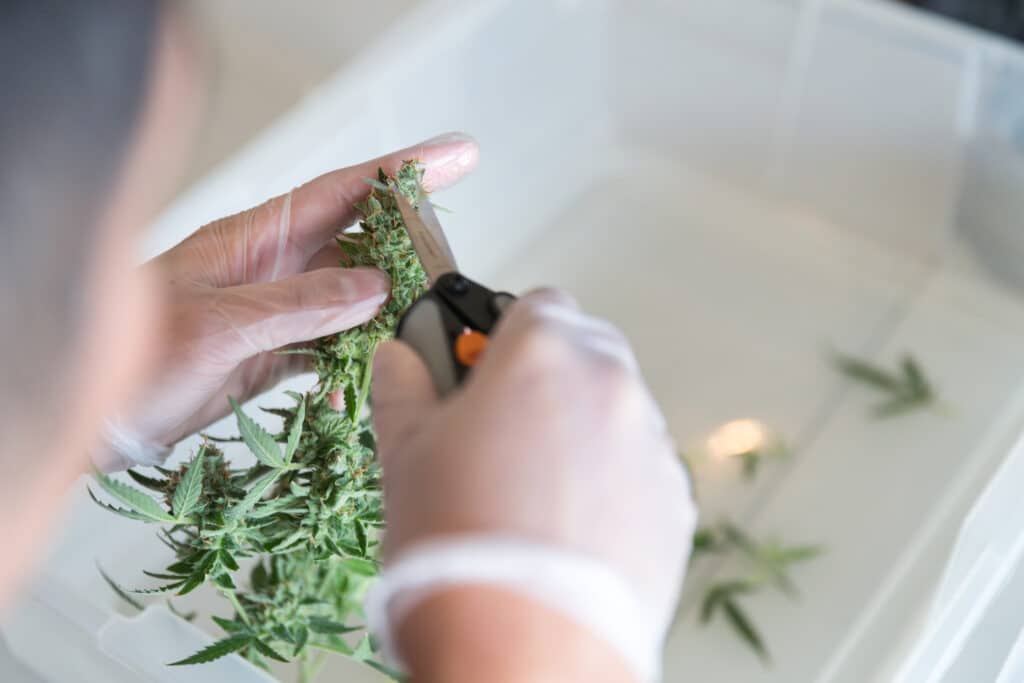
Those holding a cannabis retail licence in Canada should know that there are regulations in place with regards to recalling cannabis products. Health Canada has published a guide outlining how voluntary recalls are determined, and what is necessary for products to be recalled in order to reduce the risk of adverse effects on the public’s health. In any recall situation, those with a cannabis licence must work alongside anyone else who contributes to its production, and exchange information frequently amongst each other during the recall process.
Although situations where a recall may be necessary can vary in severity and risk to the public, they must nonetheless be taken seriously, and abide by the correct processes. Here’s what you should know about cannabis recalls.
Situations That Necessitate a Cannabis Product to Be Recalled
To put it in the most simple terms, a cannabis product will need to be recalled if the product is a potential health and safety risk, and does not comply with federal regulations. According to Health Canada’s Cannabis Voluntary Recall Guide, recalls with cannabis and cannabis products are defined as “any action taken by a licence holder to correct or remove the cannabis or cannabis product from sale and distribution, and to notify all affected supply chain customers and the public of a problem or potential problem with the cannabis or cannabis product.”

Factors such as mold or improper labelling can necessitate a recall
All parties must have a system in place outlining their process should a recall be necessary, as well as simulating a recall situation beforehand. They also must have records on file regarding the exporting, sale, and distribution of their cannabis products. Possible scenarios necessitating a recall include:
- Contamination
- Presence of mold
- Improper labelling
- Inaccurate THC content percentage
- Failure to meet microbial limits
- Products featuring only THC advertised as CBD-only

Among the parties expected to be compliant with regulations includes cultivators
In February of 2019, the Cannabis Voluntary Recall Guide was released by Health Canada, outlining the regulations for product recalls in the cannabis industry. Those in cannabis quality assurance training should understand that any party holding a licence needs to report any recalls happening under their watch, as well as a documented system outlining their recall processes. Numerous parties are expected to remain compliant with the Cannabis Voluntary Retail Guide, including:
- Importers and exporters (also known as federal permit holders)
- Sales employees (including for medicinal purposes)
- Cultivators
- Processors
- Researchers
The Recall Process, Explained for Cannabis Quality Assurance Students
Should those working in cannabis quality assurance notice an issue where a recall may be necessary, it is important to act as quickly as possible. In cases where serious health issues are not at a high risk, a recall’s time period is typically between four to seven business days, as outlined by Health Canada. However, a maximum of one business day is the timeline in cases where a cannabis product is expected to be seriously harmful to those who consume it.

If recalls are necessary, corrective action is required to prevent it from repeating
According to the Cannabis Voluntary Recall Guide, there are multiple steps that must be taken whenever a voluntary product recall is necessary. These include:
- No longer producing or selling the cannabis product
- Removing it from the supply chain
- Fixing or destroying the product
- Correcting underlying causes to prevent repeating the issue
- Contacting Health Canada to inform them of the issue
- Contacting clients who may have bought the product
- Stopping its distribution, and informing other parties to no longer distribute the product
Whichever the case may be, the party holding a licence must be informed that their cannabis product either does not comply with federal regulations, or is potentially hazardous for use by the public. After this, they must demonstrate that they have a system in place for recalls, which involves them outlining their process, compliance to federal regulations, and which parties are responsible for certain tasks and procedures.
Do you want to take cannabis quality assurance courses?
Contact the Academy of Applied Pharmaceutical Sciences today!



